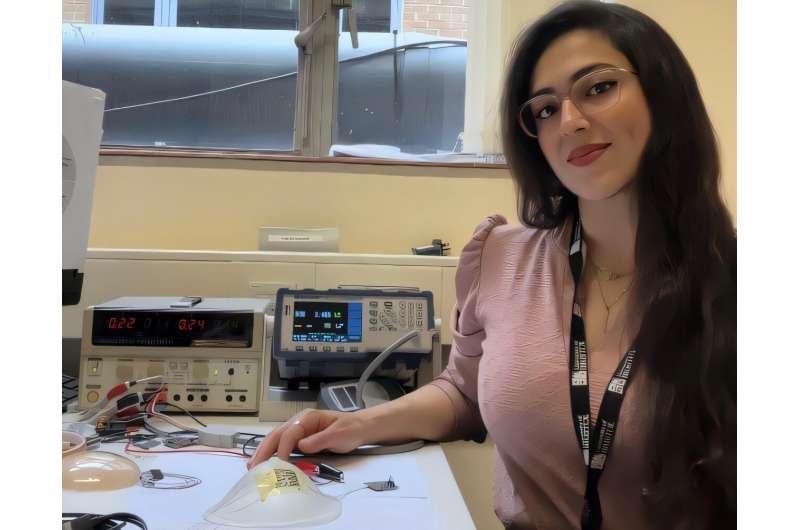Marah Alassaf has long been interested in applying engineering and digital health solutions to cancer detection. That took on a more personal dimension during her undergraduate studies in Syria, when two women she knew, both in their early thirties, were suddenly diagnosed with breast cancer.
Alassaf, now in the final year of her Ph.D., said, “Seeing their experiences really challenged my understanding of the disease. Both the friend and neighbor seemed healthy and active, but because routine screening isn’t usually offered to younger women and alternative options were limited, their cancers were diagnosed at a later stage. That motivated me to explore how technology could support earlier detection, especially for women who might otherwise be overlooked.”
Building on her engineering background, Alassaf completed an MSc in Advanced Microelectronic Systems Engineering at the University of Bristol, supported by a Think Big postgraduate scholarship. That led to a Ph.D. at the UK Research & Innovation (UKRI) Engineering and Physical Sciences Research Council (EPSRC) Centre for Doctoral Training (CDT) in Digital Health and Care, where she began translating her research ideas into tangible tools.

